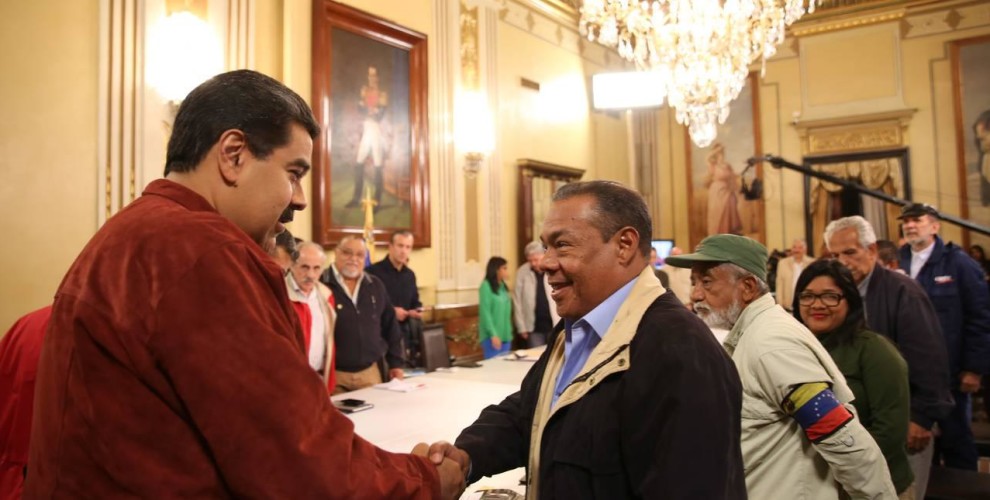Venezuela's Economic Recovery Plan underway
President Nicolas Maduro had announced the economic reform at this party’s conference earlier in July
President Nicolas Maduro had announced the economic reform at this party’s conference earlier in July

“We have started currency reconversion and successfully adapted the technological platforms of the national banking system in record time.” The announcement was done by Venezuelan President, Nicolas Maduro before the demonstration last Tuesday to support the plan and assert their country's sovereignty.
The recently introduced "Sovereign Bolívar" began circulation on August 20 as one of the first measures in Venezuela’s Economic Recovery Plan. The currency is pegged to the country’s cryptocurrency, the Petro, which is worth 3,600 sovereign bolivares.
The measure, according to President Nicolas Maduro, will serve "to stabilize and change the monetary and financial life of the country in a radical manner."
The announcement was made in the presidential palace, Miraflores, and is part of the Economic Recovery Plan that seeks to peg the Petro as the country’s unit of account, as the currency for international exchange and anchor of all the economy.
Maduro also announced the government would give a bonus of currency reconversion worth 600 bolivares to help people adapt to this economic process and an increase in the value-added taxes on luxury goods. Maduro said the tax hike would not affect essential food items, services or other goods, required by the majority of the people.
Tax payment will be done weekly. “The periodicity changes to make collection faster and in real time, so that money comes in to freshen the public coffers and turn that money into investments,” Maduro explained.
Other changes include the introduction of a price system anchored to the Petro.
“If the mafias dollarize prices, the government of Venezuela will petroize them,” Maduro argued. The government has also announced gasoline will be sold at international prices for people who do not have the Carnet de la Patria, a card that grants several social and economic benefits for vulnerable populations.
Critics say it is an arbitrary move, but the government argues it is the only way to combat smuggling, which represents a high cost for the Venezuelan state.
Maduro had announced the economic reform at this party’s conference earlier in July. Only a few days after the announcement, on 3 August, an attempt to the life of the Venezuelan president was carried out in central Caracas, during a celebration.
Diosdado Cabello, president of Venezuela’s National Constituent Assembly (ANC) and vice-president of the United Socialist Party of Venezuela (PSUV) said in a statement that the government had entered a counteroffensive stage in the economic war they claim the country’s financial elite and the United States have waged against the socialist government and condemned the U.S. announcement that it was sending a medical warship to Colombia to help Venezuelan immigrants.
“That ship is another aggression to our country and Latin America… Why don’t they send that humanitarian aid to Puerto Rico? Why is that ship not anchored to provide attention for Puerto Ricans when half the island has no electricity?” Cabello argued.